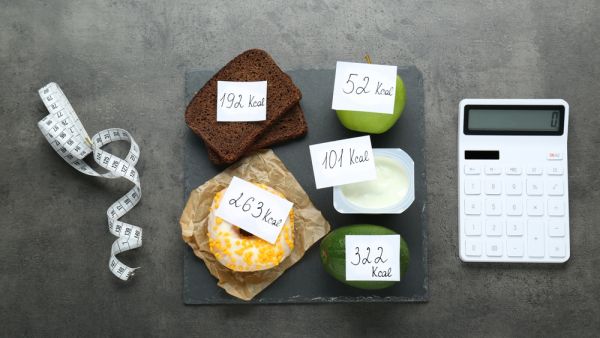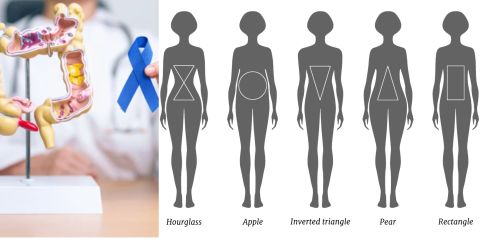ALBAWABA Determining your ideal body weight (IBW) is important for maintaining a healthy lifestyle and can be a helpful guide for setting weight-related goals. Various methods and formulas can be used to calculate your ideal body weight, taking into account factors such as height, gender, and sometimes body frame size.
Here’s a comprehensive guide to understanding and calculating your ideal body weight.
1. Understanding Ideal Body Weight
Ideal body weight is an estimate of what a healthy weight range might be for an individual based on certain characteristics. While it’s important to note that no single number can capture all aspects of health, IBW can provide a useful reference point.
2. Common Methods for Calculating Ideal Body Weight
Several formulas have been developed to estimate IBW. Here are some of the most commonly used methods:
a. The Hamwi Method
The Hamwi method is a straightforward formula often used by healthcare professionals.
- For men: IBW (kg) = 48.0 kg + 2.7 kg for each inch over 5 feet.
- For women: IBW (kg) = 45.5 kg + 2.2 kg for each inch over 5 feet.
Example: For a woman who is 5'6" (66 inches): IBW = 45.5 kg + (2.2 kg × 6) = 45.5 kg + 13.2 kg = 58.7 kg.
b. The Devine Formula
Similar to the Hamwi method, the Devine formula is another widely used calculation.
- For men: IBW (kg) = 50.0 kg + 2.3 kg for each inch over 5 feet.
- For women: IBW (kg) = 45.5 kg + 2.3 kg for each inch over 5 feet.
Example: For a man who is 6'0" (72 inches): IBW = 50.0 kg + (2.3 kg × 12) = 50.0 kg + 27.6 kg = 77.6 kg.
c. The Robinson Formula
The Robinson formula is another variation, offering a slightly different calculation.
- For men: IBW (kg) = 52.0 kg + 1.9 kg for each inch over 5 feet.
- For women: IBW (kg) = 49.0 kg + 1.7 kg for each inch over 5 feet.
Example: For a woman who is 5'4" (64 inches): IBW = 49.0 kg + (1.7 kg × 4) = 49.0 kg + 6.8 kg = 55.8 kg.
d. The Miller Formula
The Miller formula provides yet another alternative for calculating IBW.
- For men: IBW (kg) = 56.2 kg + 1.41 kg for each inch over 5 feet.
- For women: IBW (kg) = 53.1 kg + 1.36 kg for each inch over 5 feet.
Example: For a man who is 5'10" (70 inches): IBW = 56.2 kg + (1.41 kg × 10) = 56.2 kg + 14.1 kg = 70.3 kg.
3. Factors Influencing Ideal Body Weight
While these formulas provide estimates, several factors can influence what is considered a healthy weight for an individual:
- Body Composition: Muscle weighs more than fat, so a muscular individual may weigh more than their IBW but still be healthy.
- Age: Metabolism and body composition change with age, affecting ideal weight.
- Bone Density: People with denser bones may naturally weigh more.
- Activity Level: Athletes or highly active individuals may have different weight considerations.
4. Using BMI as a Supplementary Measure
Body Mass Index (BMI) is another commonly used measure to assess whether an individual is in a healthy weight range. It’s calculated as:
A BMI between 18.5 and 24.9 is considered normal weight. While BMI is useful, it doesn't account for muscle mass or fat distribution.
5. Consulting Healthcare Professionals
It's always best to consult with healthcare professionals when determining your ideal body weight. They can provide personalized insights based on comprehensive health assessments.








